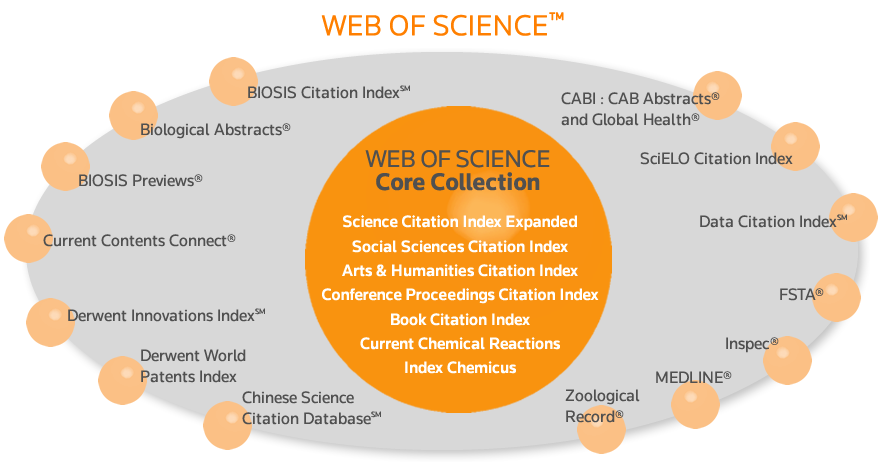Scopus
Today, I’m going to blog about Scopus to follow up on my last post on Web of Science and Cited Reference Search. Scopus is not as complicated as WoS as it is just one database with its own interface. Originally, Scopus data only went back to 1996, but they are in the process of adding records going back to 1970 and should be done in a year or two. Just like in WoS, the simplest way to find in Scopus where/wheter an article has been cited is to search for the article and look on the left side to...
Web of Science
A long time ago, I blogged about Cited Reference Searches and mentioned that Web of Science and Scopus were the two main databases that have this feature. So, today I thought I would go into more detail about how a cited reference search works in Web of Science and later this week in Scopus. I need to start with a few preliminary comments about Web of Science. First of all, for a few years Web of Science had an identity crisis and was known as Web of Knowledge because the company decided that the name was too restrictive since...
2nd Texas STEM Librarians Conference
Last Thursday to Saturday, I had the pleasure of attending the 2nd annual STEM librarians conference in Denton. The conference almost doubled in size from last year and UNT did a great job of hosting. Librarians from all around Texas (but mainly the DFW area) presented on all different subjects even though the theme for the conference was e-books. In addition, there were roundtable groups and panel discussions with various vendors. The pre-conference on Thursday was on gaming and education. We spent the afternoon playing educational games from this list and heard an interesting talk about from an educational...
Searching Databases and Driving Cars
With the plethora of databases comes a variety of different interfaces. Some databases might use be accessed using different interfaces. Some interfaces can access more than one database. Most people are creatures of habit: they find a database they like (usually an important one in their field) and get used to it. When they have to search another database (or if the database has been bought out by another company), they can often find the different interface confusing. As a result they sometimes simply don’t conduct the search. I like to assure people that searching in an unfamiliar interface...
Indexes vs. Electronic Journal Collections: Why aren’t any articles from this journal showing up?
On occasion, I get asked why no articles from certain journals show up when a patron does a search in one of the databases. Usually the reason is because the patron is searching an electronic journal collection rather than an index. Indexes list articles from journals (and sometimes books and conferences) with their bibliographic information and add extras such as subject information and abstracts. Usually the abstracts are those provided by the authors, but some indexes actually have professionals read every article and write a summary. When you run a keyword search in an index, you generally are searching...
Cited Reference Search
In my last entry, I talked about cited reference searches. What are these exactly? Most people realize that when they find an article that really fits their topic looking at the references listed at the end of article will lead them to more articles which are related to the original topic. This is a great way to research, but there’s only one problem: the reference list of a paper will only list other references that are older than the paper itself. If the paper was published within the last year, then probably the most up-to-date resources are listed, but...





